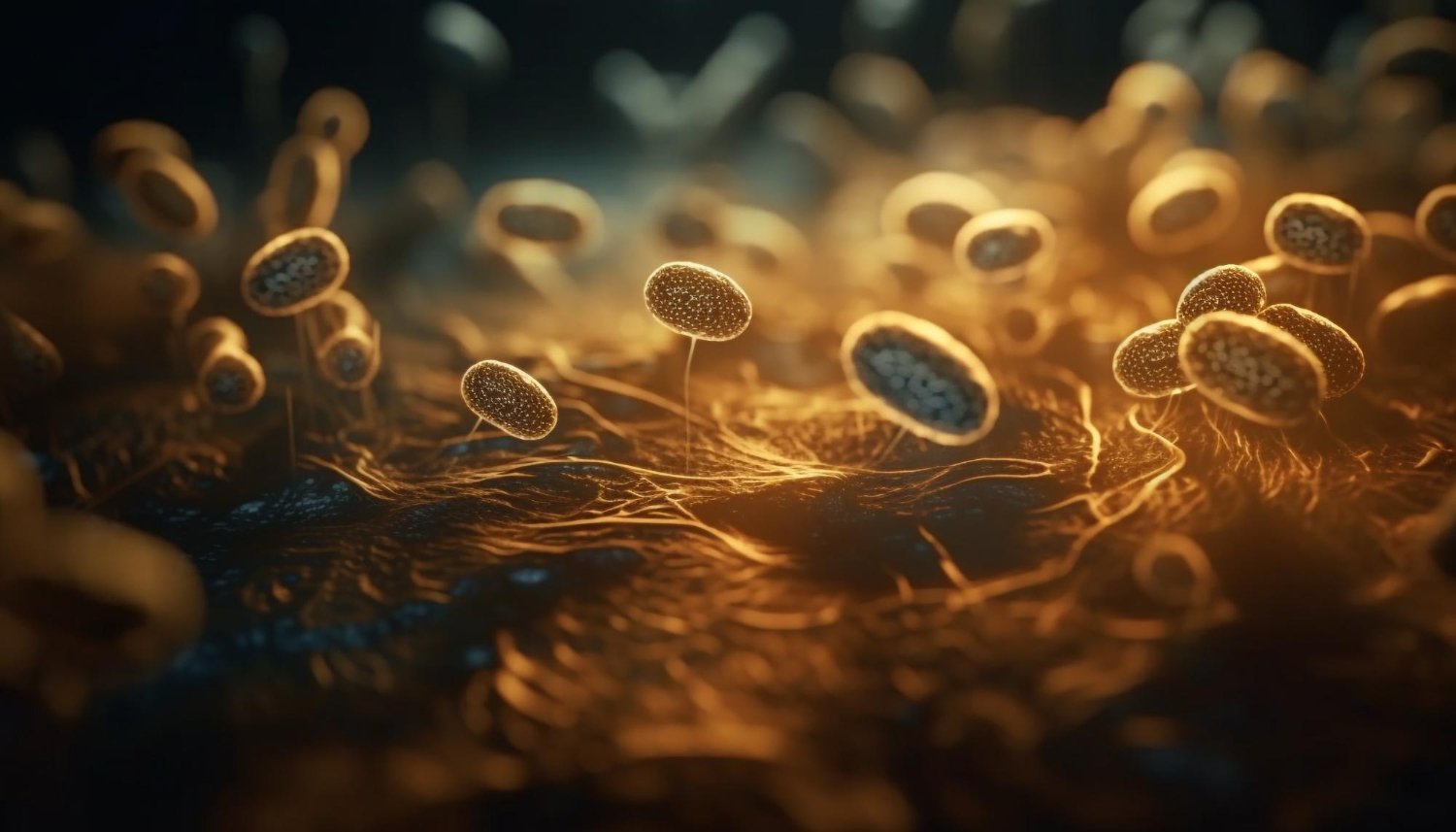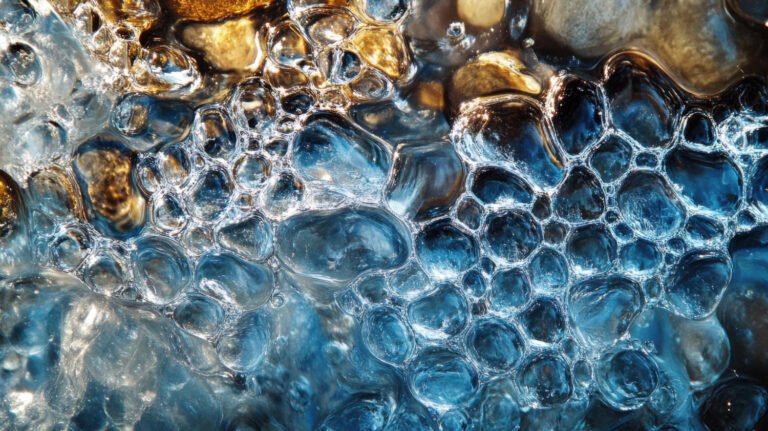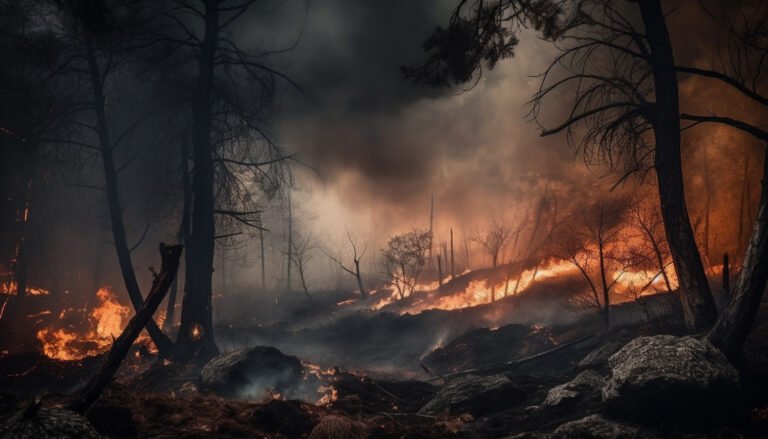Microbial Solutions to Climate Catastrophe
In the face of escalating climate change, leveraging microbial interventions offers a promising avenue to mitigate environmental impacts. Microorganisms play pivotal roles in carbon sequestration, greenhouse gas reduction, and ecosystem restoration. However, the large-scale application of these microbial solutions necessitates comprehensive risk assessments and ethical considerations to ensure safety and efficacy.
Key Insights
- Carbon Sequestration: Certain microbes can capture and store atmospheric carbon dioxide, aiding in reducing greenhouse gas concentrations.
- Greenhouse Gas Reduction: Microbial processes can transform potent greenhouse gases like methane into less harmful substances, mitigating their environmental impact.
- Ecosystem Restoration: Microbes contribute to soil health and plant growth, enhancing ecosystem resilience against climate-induced stresses.
- Implementation Challenges: Scaling up microbial interventions requires thorough risk assessments and ethical frameworks to address potential ecological and societal implications.
Call to Action
To harness the full potential of microbial solutions in combating climate change, it is imperative to:
- Invest in research to understand microbial functions and their environmental interactions.
- Develop regulatory frameworks that ensure safe and ethical deployment of microbial technologies.
- Foster interdisciplinary collaborations among microbiologists, ecologists, policymakers, and ethicists.
By integrating microbial strategies into broader climate action plans, we can enhance our capacity to address the multifaceted challenges posed by climate change.







